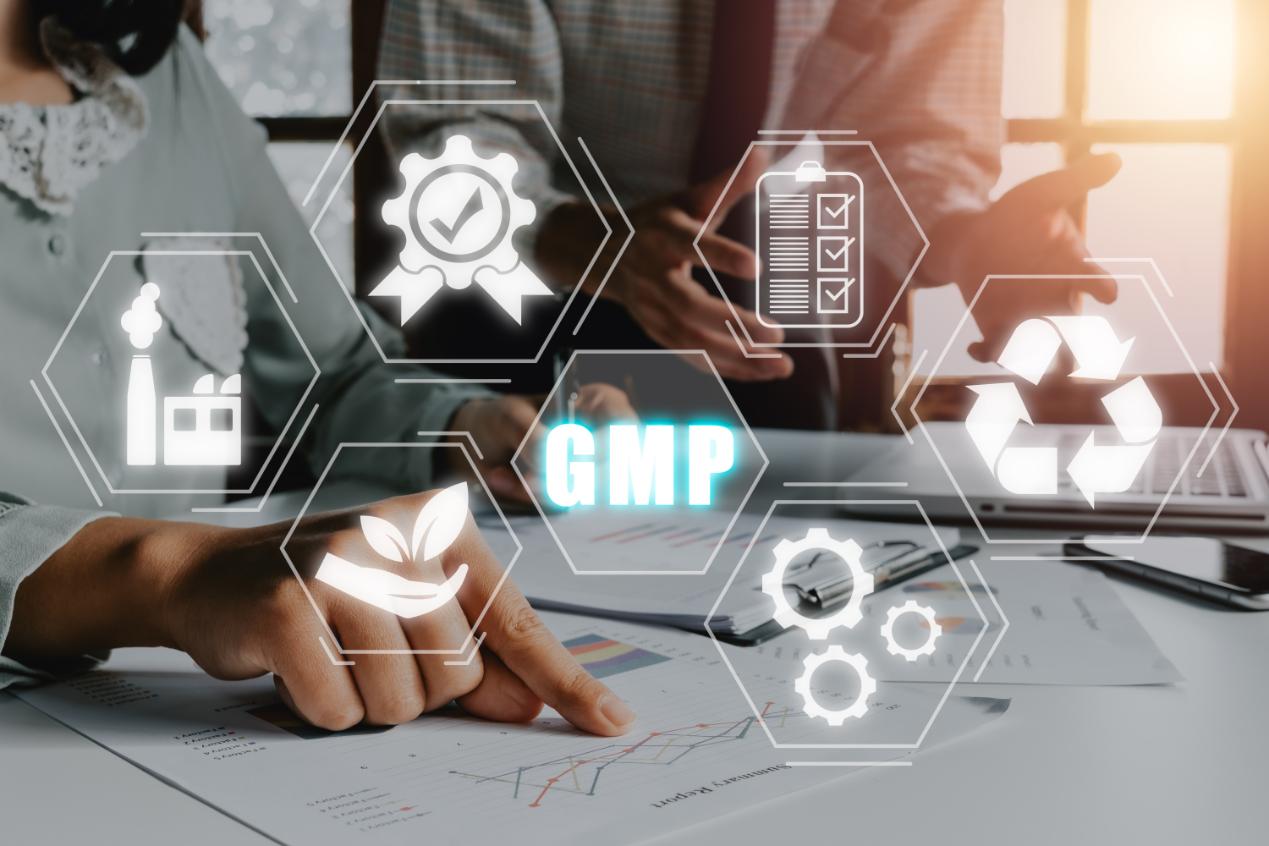IQS offers the pharmaceutical industry chemical analysis services for the quality control of active ingredients, raw materials, and final products under the Good Manufacturing Practices (GMP) regulatory framework. Since 2017, IQS has held GMP Compliance Certificate No. ES/120HVI/17, as established in Directive 2003/94/EC and Directive 91/412/EC and issued by the Spanish Agency for Medicines and Medical Devices. Its scope includes active ingredients, medicines, and raw materials in general related to marketed medicines and medicines in research stages.
Through the corresponding subsequent inspections, IQS also holds the Certificate of Compliance with the Standards for the Good Manufacturing of Medicines (NCF/2343/001/CAT) issued by the Department of Health of the Government of Catalonia.
Although it is not usual for a university to have this type of certification, a few years ago IQS made a firm commitment to reach a higher level of collaboration with the pharmaceutical industry, investing in economic and staff resources to respond to the demands of the sector.
In general, IQS offers analytical services for the pharmaceutical industry in the GMP environment, in the development and optimization of analytical methods, their validation and subsequent transfer, and in the analysis of routine samples for quality control. We work with methods described in pharmacopoeias, but also with methods provided by clients or developed by IQS’s own laboratories. The analyses carried out are mainly oriented towards determining the richness of active ingredients in finished products, impurities, degradation compounds, residual solvents, and other parameters established by pharmacopoeias.
Specialized laboratories
IQS is home to a total of six specialized laboratories that carry out the different analytical activities to support the pharmaceutical sector which boast extensive experience in conducting analytical studies for the pharmaceutical sector under the GMP framework:
- Chromatography Laboratory, coordinated by Dr Gemma Gotor, specialized in the development, application, and optimization of analytical methodologies based on chromatography techniques.
- Metal Analysis Laboratory, coordinated by Dr Ariadna Verdaguer, specialized in the analysis of metal impurities by atomic absorption spectroscopy (AAS), atomic emission spectrophotometry, and mass spectrophotometry with inductively coupled plasma (ICP-OES and ICP-MS).
- Thermal Analysis Laboratory, specialized in the thermal characterization of chemical substances or mixtures, coordinated by Dr Eduard Serra.
- Photochemistry Laboratory, specialized in the development of advanced chemical technologies to obtain light-activated drugs, coordinated by Dr Santi Nonell. This laboratory conducts analysis by atomic absorption spectrophotometry.
- Spectroscopy Laboratory, coordinated by Dr Javier Batllori, focused on the spectroscopic characterization of molecules and structural elucidation methodologies.
- Electrochemistry Laboratory, which offers polarography analysis for the determination of metal traces and metabisulphite analysis, coordinated by Dr Jordi Abellà.
Success stories
We would like to highlight two examples that showcase IQS’s experience in the field of analysis under Good Manufacturing Practices:
1. Development of new methods for the analysis of nitrosamines in APIs and in finished products.
IQS has acquired extensive experience in carrying out the analysis of nitrosamines, nitrites, and nitrates, both in the evaluation of nitrosamine formation in the production processes of active ingredients and finished products, by liquid chromatography (UPLC) with a triple quadrupole mass spectrometer detector, with an ACPI probe, and in the determination of nitrites and nitrates by molecular absorption spectrophotometry, under GMP environments.
2. Analysis of elemental impurities in pharmaceutical products.
The IQS Metal Analysis laboratory has an ICP-MS instrument to determine the presence of metallic impurities in pharmaceutical products and in new products coming onto the market, in accordance with the ICH Q3D directive, which limits the presence of potentially toxic metal or heavy metal impurities. The ICP-MS (inductively coupled plasma mass spectrometer) makes it possible to determine and quantify most chemical elements in very low concentrations, in particular metals.










